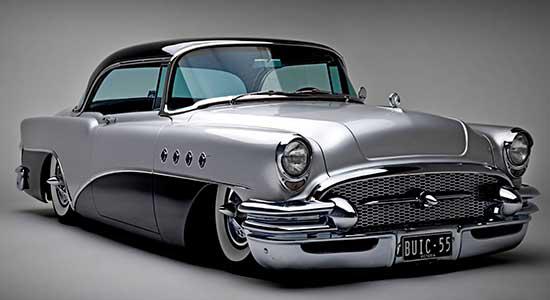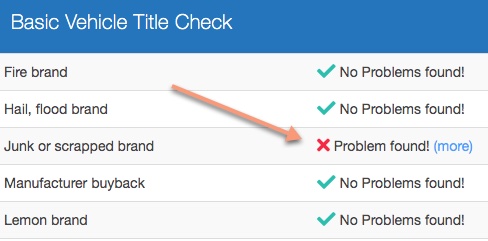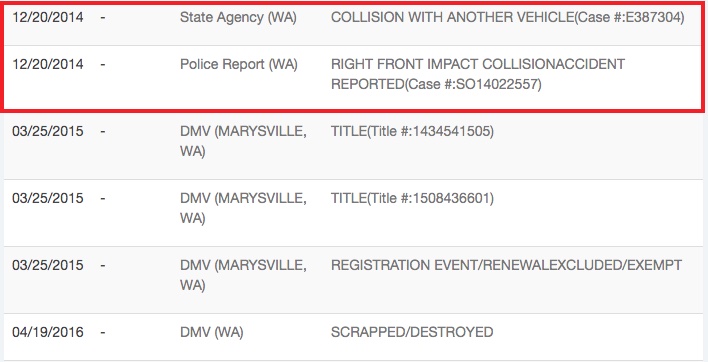The importance of researching your classic car's VIN number
Knowing the VIN of a classic car is similar to knowing whether a painting is a Picasso or not. To art collectors, the authenticity of the painting is based on whether it was painted by the painter they fancy. They cannot afford to buy a replica—not only are they wasting the money intended for the original—because the mistake also decreases their reputation among their social circles. The same goes for classic or vintage car collectors. But it is hard to trace a car’s history when it is more than fifty years old. This is where knowing a car’s VIN is important.

Knowing a car’s VIN number, the history of the vehicle, ownership, care maintenance and major modifications affect a car’s intrinsic value. For book collectors, the first-ever publication of the book is where the book gets its value. The first printed edition is the most expensive. For car collectors, what makes a car more valuable than its original purchase price is that nobody produces that model anymore. The price goes even higher when the car is “limited edition,” only a few produced for those who ordered it or for the selected few who can afford it.
Sometimes a car’s value could be worth more because it was owned by somebody prominent or famous or was part of a movie. For example, the James Bond Submarine Car was sold at auction for £550,000 or $1,000,000 in 2013.
What can VinFreeCheck do for your classic car?
Comprehensive 27 Title Brands Check
Let's take a look at an example: We run a simple VIN check on a 1992 Ford F-150 (1FTEX15H6NKA49902). Instantly, we found out that vehicle was junked or scraped prior. If we see the car looks sparklingly new in the car listing, we want to hire a mechanic to a more in-depth inspection to make sure the rebuilt/restoration quality is done correctly as to preserve its value.

Detailed Vehicle History Records
Continuing with the previous example, the 1992 Ford F-150's vehicle history records shows that the vehicle was involved in a collision accident with another car. With this information, you will pay extra attention to the car frame when purchasing it. Some classic car reseller might skimp on proper welding on the car frame during the rebuilt process to keep their cost down.

3 More Reasons to run a VIN check on Classic Cars
- It could be stolen. If you bought it in a private sale, as opposed to a public auction, the original owner might take action against you. You might be deprived of your car without being compensated for its value. You could even be mistaken for being a fence. You might end up spending more money on law suits than the value of the car, especially if we are talking about something as rare as a 1962 Ferrari.
- The model might be wrong. Documenting cars from as old as fifty years is not easy, and resources could be scarce. You won’t even know the difference between a 1952 model from a 1953 one, or if it has been modified by body kits by its previous owner(s).
- Condition. You don’t know if the hurricane Katrina swallowed the car and spewed it out again. Chances are it wasn’t, but it would be nice to know the history of the car, whether it was recovered from a flood or not. As we all know, cars submerged in water tend to have a lower value. The extent of the work done to restore a car might depreciate its value and might leave only a few parts original.
Researching about a VIN number of a classic car helps you gauge about how much money you are willing to spend on it depending on its condition and its authenticity. And you can sleep at night knowing you got the right model and you know its history. When you love a person, you don’t care about their past. But a classic car’s history is an entirely different thing. The right amount of money to be doled out for a classic car should be coupled with the right amount of vigilance in tracing a classic car’s history.
